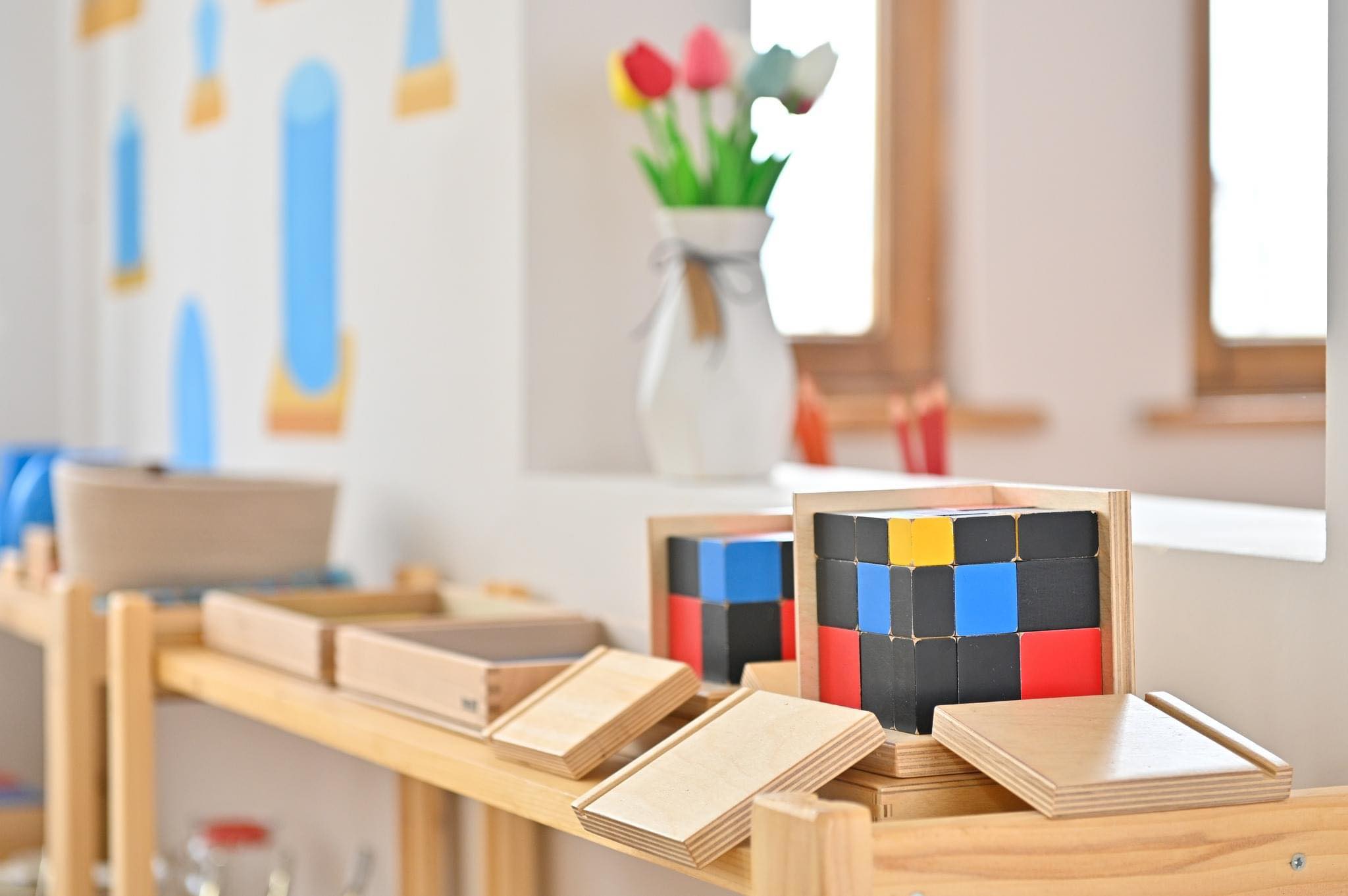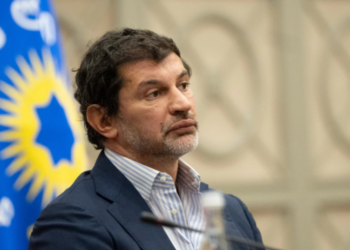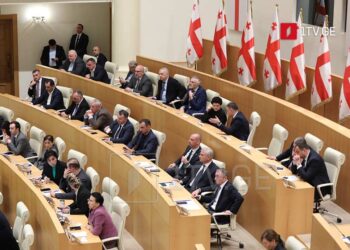Preschool education is the most important stage in the life of every child, as it creates the basis for their further development.
The Montessori Kindergarten, which has been successfully positioning itself in Georgia since 2021, provides high-quality preschool education in a unique environment for children that helps them to increase their degree of independence. Method founder Maria Montessori believed that a young child’s desire for independence should be appreciated by adults in order for us to raise an independent and responsible person.
Co-founder and head of the academic department of Georgia’s Montessori Kindergarten, Inga Pataraia, tells us about the main principles around which the kindergarten is united.
Why did you decide to create a Montessori Kindergarten in Georgia?
For more than a century, the name of Maria Montessori, a prominent representative of the reformatory-pedagogical movement, a famous Italian teacher, doctor and public figure, has been attracting public interest. Today, the Montessori method not only remains relevant globally, but is also completely attuned to the needs of modern education aimed at children’s self-education and self-development.
In the modern world, rapid changes are being seen in the social, economic, political and cultural spheres. Fundamental transformations pose new challenges within the country, which is why our main principle is the humanization of education and the free development of each child’s personality, based on the understanding and analysis of its nature and processes. This is why we decided to take important steps in the development and improvement of the education system in Georgia and founded the Montessori International School, precisely because we wanted to give our future generations the opportunity to receive preschool education with Montessori scientific pedagogy.
In the two years since its establishment, in terms of development, we have taken important steps in the Georgian pedagogical thinking, child rearing and teaching methods.
The Montessori system is scientifically based, thoroughly thought-out, and has been tested in real life, in the hands of a faithful leader- it is a real method for observing and caring for a child’s mental content and growth.

The Advantages of the Montessori Method:
One of the main requirements of our process is “respect for the child’s spiritual freedom”. Based on the scientific Montessori pedagogy we have studied, the basic Montessori principles on which our kindergarten educational program is based are very important, distinguishing us from other kindergartens. These principles are:
1. The anthropological principle – Montessori pedagogy comes directly from the “child”: at its center is the child, whose education is built on the positions of anthropology and psychology.
2. The principle of freedom of child development – Our goal is to raise a free, independent and responsible person. We think this is where the main motto of the Montessori method comes from: “Help me so that I can do it myself.” In free activity, the child learns to evaluate their own abilities, realize their responsibility when making decisions, and experience a sense of joy from this process and activity.
3. The principle of concentration of attention – Thanks to internal concentration on the subject, it becomes possible to direct the process of self-development within the child. In addition, it develops the endurance and patience necessary for intellectual activity.
4. The principle of a specially prepared learning environment, during which the child’s physical abilities must be taken into account. In our garden, on easily accessible shelves, carefully thought-out didactic material for the all-round development of students is abundantly arranged, which is for the child a “key to the world,” through which they brings their chaotic ideas about the world into a system.
5. The principle of sensitivity – Montessori identified 6 main sensitive periods of the development of a child up to 6 years of age: the periods of speech development, sensory, perceptual and order-establishing sensitivity, mastering movement and actions of the smallest objects, and social development.
6. The principle of limitation and order – Disruption of order and its restoration is the strongest motivation in a child’s activity, because the child likes to see the things around them in their place, and they try to restore order if they have broken it.
7. The principle of the special place of the teacher in the education system – Each child learns on their own “educational path,” at a pace that is comfortable for them.
8. The principle of social education and integration – The child is evaluated in comparison with their previous achievements, which fully corresponds to the requirements of humane pedagogy.

How would you sum up 2023?
It was a very fruitful year. We invited German-qualified specialists to work in our kindergarten, who have taught 14-year-olds in leading Montessori schools. In addition, our teachers were trained and certified at the International Montessori Ami Academy in Holland and Germany, and I and two other teachers were able to enroll in the Montessori Higher Academy in Germany.
Future plans?
We have a lot of interesting plans ahead. Our future goal is to research the pedagogical concept of Maria Montessori, connect it with the modern educational space, and to develop relevant recommendations. We think that the perfect study of Montessori’s ideas and their establishment in practice in our country will enrich Georgian pedagogy and contribute to the emergence of new interesting educational approaches, programs and preschool educational centers.
The use of the Montessori pedagogical system can help establish a humane nature of education and the free development of personality in our educational space. The results can be used and introduced in order to study the topic more deeply, in the development of special pedagogy courses and training courses for pedagogical personnel.

I would like to take this opportunity to thank Mr. Leri Mildiani and Mr. Tamaz Goginashvili for their great contribution to the implementation of my project.














